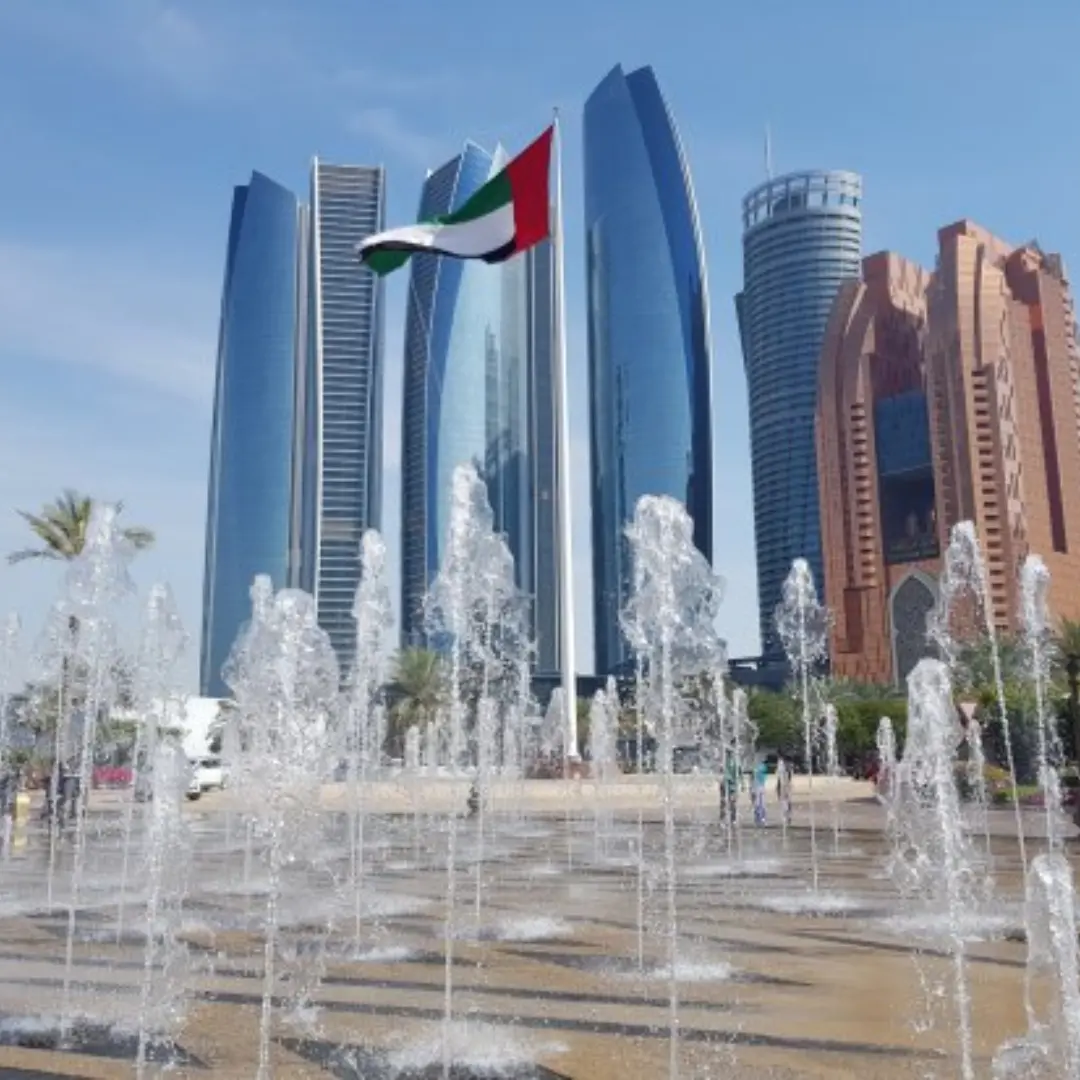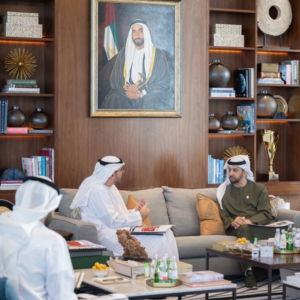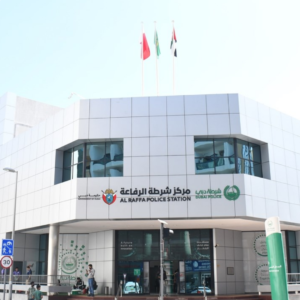Abu Dhabi’s freezone businesses now have the opportunity to obtain dual licenses, a significant development that allows them to operate outside the freezone, thereby facilitating their expansion into wider markets. This new regulatory change aims to provide freezone companies with greater flexibility and access to the broader economic landscape of Abu Dhabi and beyond, while ensuring compliance with local regulatory requirements and associated fees.
Freezones in Abu Dhabi have traditionally been designated areas where businesses can benefit from various incentives, such as tax exemptions, full foreign ownership, and simplified export and import procedures. However, these businesses were typically restricted to operating within the confines of the freezone, limiting their market reach. The introduction of dual licenses marks a pivotal shift, enabling these companies to extend their operations into mainland Abu Dhabi and other regions without the need to establish a separate entity outside the freezone.
To obtain a dual license, freezone business owners must adhere to specific regulatory requirements set forth by the relevant authorities. These requirements ensure that businesses operate within the legal framework and maintain compliance with local laws and standards. The process involves submitting necessary documentation, fulfilling certain criteria, and paying applicable fees. These fees are structured to cover administrative costs and ensure that the regulatory bodies can effectively monitor and support dual-licensed businesses.
The benefits of obtaining a dual license are manifold. Firstly, it allows freezone companies to tap into a larger customer base, including government contracts and projects, which are often restricted to mainland businesses. Secondly, it enhances the business’s credibility and market presence by showcasing its compliance with stringent regulatory standards. Thirdly, dual licenses foster greater economic integration and collaboration between freezone and mainland businesses, promoting a more cohesive business environment.
Moreover, this initiative aligns with Abu Dhabi’s broader economic diversification strategy. By enabling freezone businesses to operate more freely and expand their market reach, the government is fostering a more dynamic and competitive business ecosystem. This, in turn, attracts more foreign investment and stimulates economic growth.
In conclusion, the ability for Abu Dhabi freezone owners to obtain dual licenses represents a significant advancement in the region’s business landscape. It provides freezone businesses with the opportunity to expand their operations beyond the confines of the freezone, access new markets, and contribute more robustly to the overall economy, all while ensuring adherence to regulatory standards and requirements. This regulatory development is poised to enhance business flexibility, market access, and economic growth in Abu Dhabi.









